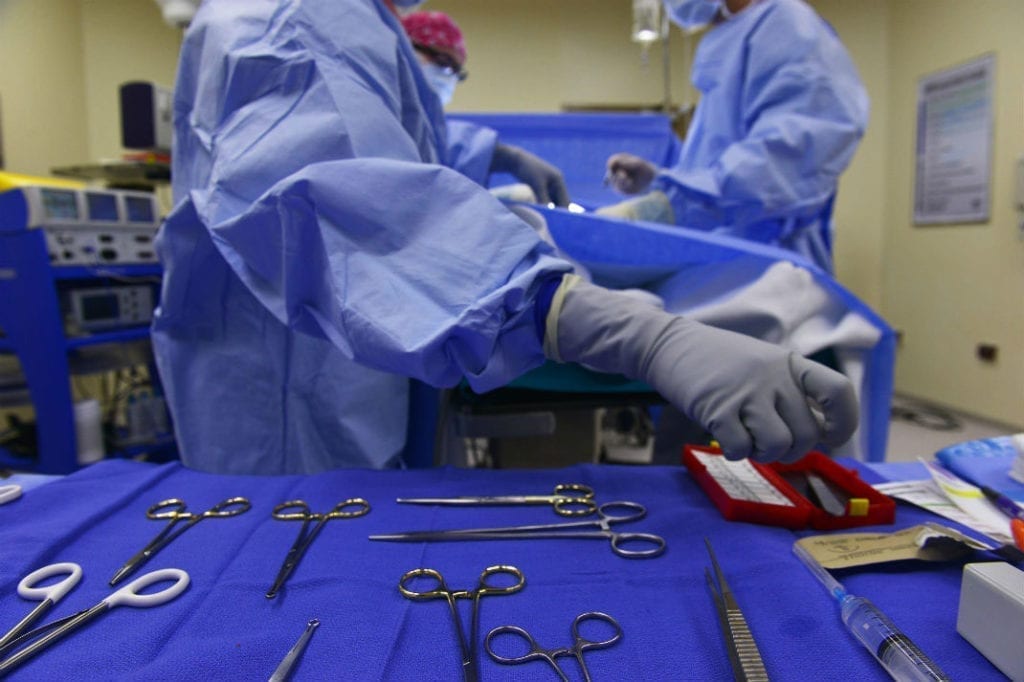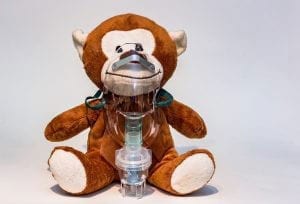Many father-son duos are close, but this pairing – reported on in an article from CBS58 – shares a special bond that was strengthen by the shared experience of a liver transplant to treat their alpha-1 antitrypsin deficiency (A1AD). Not only do they share this, but John Meilahn and his son Greg both received their surgeries from the same doctor, Dr. Ajay Sahajpal. Recently, they were able to reunite with Dr. Sahajpal and emphasize the importance of transplants and awareness.
John and Greg’s Story
John underwent his transplant back in 2017, with his son following suit in 2021. While neither procedure was simple and painless, Greg endured a much worse experience than his father. For more than 90 days, the young man was hooked to IVs and fed with a feeding tube at the hospital. Fortunately, he has improved significantly since then and is now on his way to recovery.
After their experiences, they want to stress the importance of organ donations and transplant. Especially as April marked National Donate Life Month and their reunion with Dr. Sahajpal, they wanted to spread awareness of the issue. They feel that it is important for people to truly understand the impact that transplants have on the lives of patients and their loved ones. It is especially integral in light of the pandemic, which stopped many facilities from performing transplants entirely.
Want to learn more about this issue and the Meilahns’ story? Head here to learn more.
About A1AD
Alpha-1 antitrypsin deficiency (A1AD) is a rare disease characterized by low levels of the A1AT protein. This leads to the characteristic symptoms of the disorder, which impact the lung, liver, and skin. In fact, the majority of cases see the lungs affected, whereas significantly fewer patients experience liver symptoms to a higher degree. Regardless, symptoms may include repetitive respiratory infections, wheezing, shortness of breath, fatigue, unintentional weight loss, activity intolerance, emphysema, a rapid heart rate upon standing, liver disease, a heightened risk of liver cancer, pruritus, swollen abdomen, jaundice, dark urine, cirrhosis, and panniculitis (which causes skin lesions and hard, painful lumps underneath the skin).
A mutated SERPINA 1 gene is responsible for the deficiency of the A1AT protein. When there is not enough of this protein, the body cannot aptly protect itself from an enzyme called neutrophil elastase, which is then able to attack the body and cause the characteristic symptoms. This gene is inherited in an autosomal co-dominant pattern.







